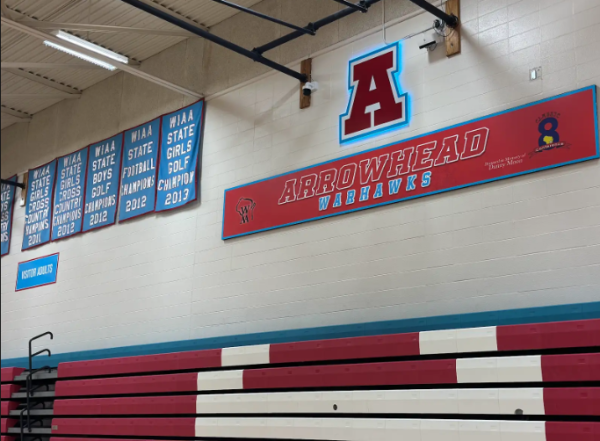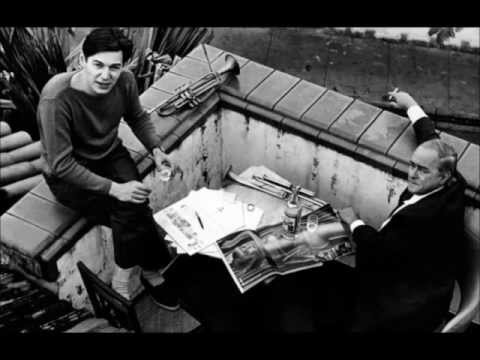The Future of Recycling Looks Grim
Recycling in 2013 has not improved much from earlier times. There still is no national recycling law in the United States. Recycling and waste management laws, restrictions, regulations, and bans are left up to state and local government. Though people seem to be more conscientious of today’s environment and many cities make recycling a requirement, I do not believe recycling will change much, if at all, by the year 2050.
The Solid Waste Disposal Act was the United States’ first waste management law passed in 1965. This law did not even mention recycling, and it took 11 years for Congress to pass the next waste management law. In 1977, the Resource Conservation and Recovery Act was passed. This is still the foundation of federal solid waste and recycling legislating. No other regulations have been passed since the Resource Conservation and Recovery Act. I do not believe this is enough action. In all of the United States’ history only two national waste management laws have been passed.
Parts of Europe, especially Germany, are ages ahead of the United States in terms of waste management. Germany recycles everything they can. They separate all materials to take to separate recycling plants. There are glass bottle and jar recycling deposits in most neighborhoods, along with clothing recycling deposits. Many citizens have composts in their yards too. I have firsthand experience with the German recycling system because I lived in Germany for three years. I believe their recycling system is much better than the United States’ current recycling system. Even though European countries, such as Germany, clearly have a better waste management system that is better for the environment, the United States shows no sign of changing its ways or adopting European recycling policies.
Very few waste management acts have been presented to Congress, and every act that has been presented was quickly shot down. Americans do not seem to have much concern for the environment, or they are not concerned enough to make a real change.
Not all citizens are like this, however. Some take part in non-profit or voluntary groups to better the environment through recycling. Recycle Ann Arbor is one of these non-profit organizations. Recycle Ann Arbor provides curbside recycling service and public recycling centers for the city of Ann Arbor because the city of Ann Arbor does not provide this service for their residents.
Rural areas of the United States are contributing to the lack of progress for recycling. States with more barren and undeveloped areas are less likely to push for recycling laws. However, 42 states have their own recycling and waste diversion goals. Some cities have even created laws to enforce, and encourage, recycling. These laws impose fines upon citizens who throw away recyclable material. Other states have created laws with deposits or refund values on beverage containers. Americans are recycling about 32% of the 350 million tons of waste they generate, and do not show signs of increasing this percent.
In the year 2050, I do not believe the United States will have changed its ways for the better. I believe the American people will still have the same general regulations concerning recycling. If no progress has been made by 2050, and if every act presented to Congress remains to be shot down, waste management the United States will remain the same.
References:
http://business-ethics.com/2010/11/21/why-no-national-recycling-law-in-the-u-s/
http://www.campaignforrecycling.org/states
http://en.wikipedia.org/wiki/Recycling_in_the_United_States










Kathy Martin-Taylor • Feb 5, 2014 at 11:41 AM
I think by 2050 the United States will be very aware and motivated to recycle. By 2050, most of the population will have grown up with recycling and will be very accepting of it. A lot of our older population now don’t care or are not concerned about recycling. I think the younger generation will take recycling very serious in the future.
That green stuff • Feb 5, 2014 at 1:31 AM
Does India recycle?
robin • Feb 3, 2014 at 4:13 PM
I like to think that by 2050 America will be more socially and environmentally conscientious. I believe young adults, like yourself, will have had a lifetime to shape and mold our society for the better. Keep writing. Keep thinking. Keep moving the conversation forward. Keep believing in a better tomorrow for our world.
Thanks for sharing your thoughts.